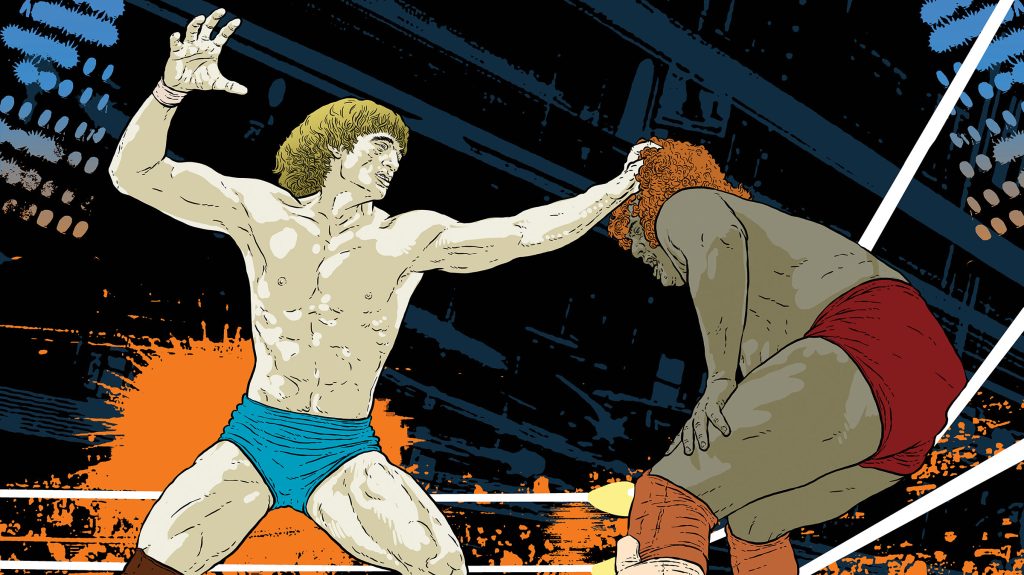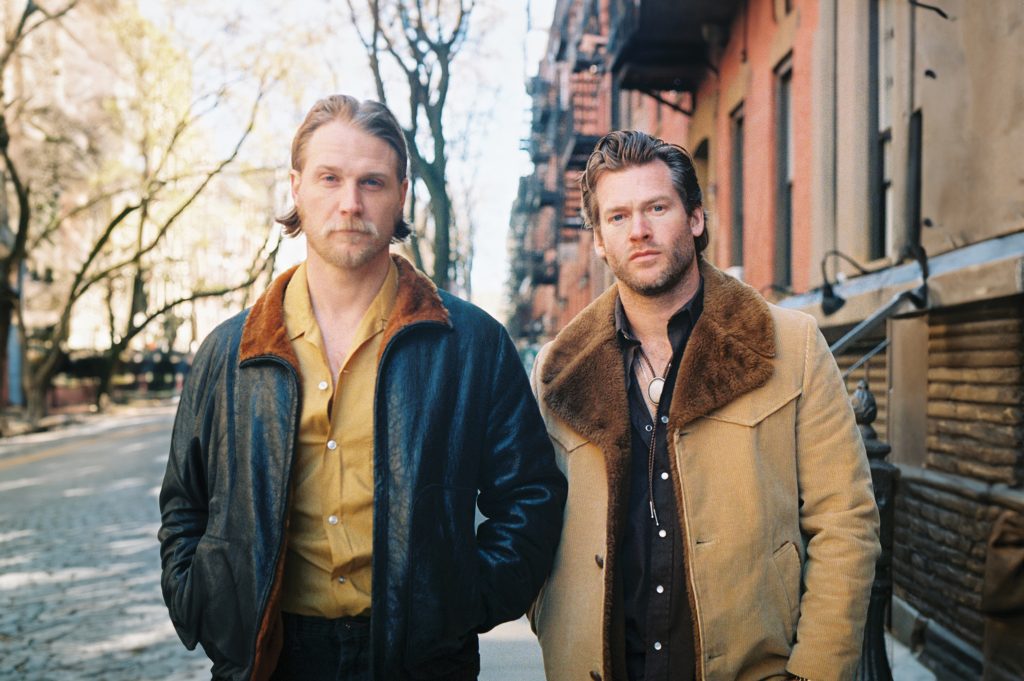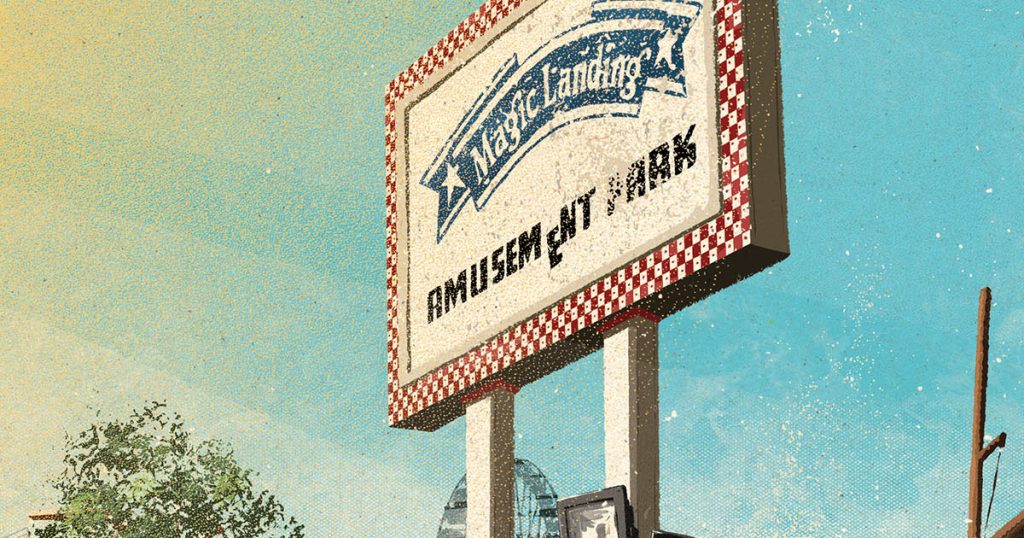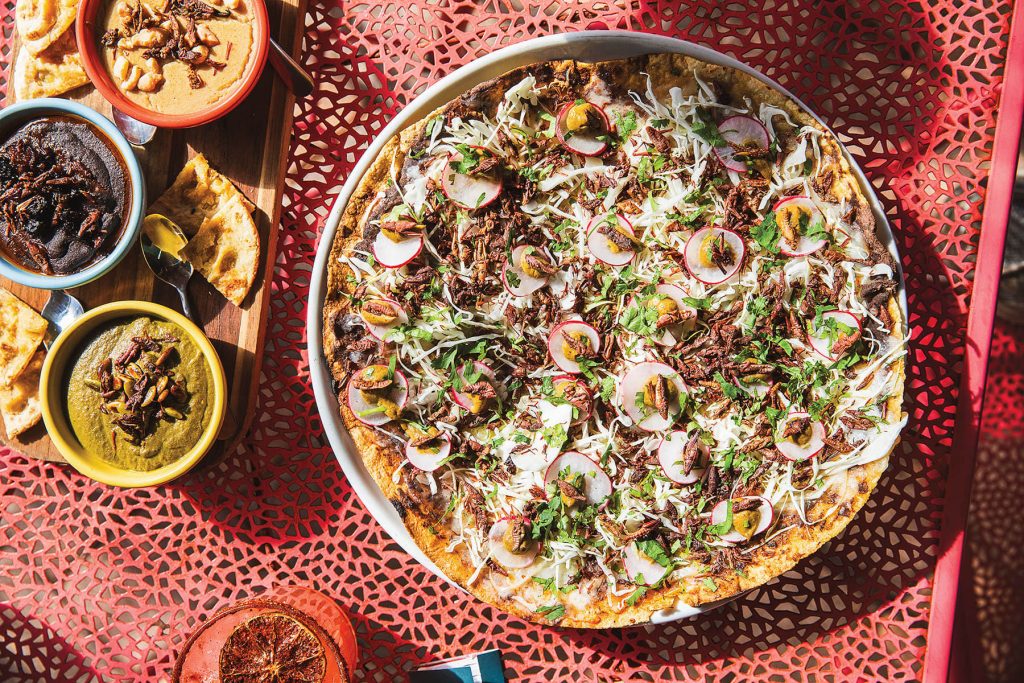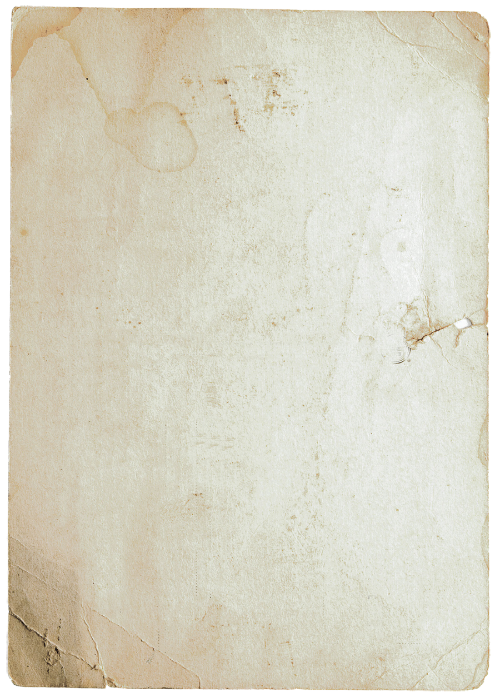
The
Good,
the bad,
& the
exótico
In the El Paso-Juárez borderland, lucha libre unites two countries
By Roberto José Andrade Franco
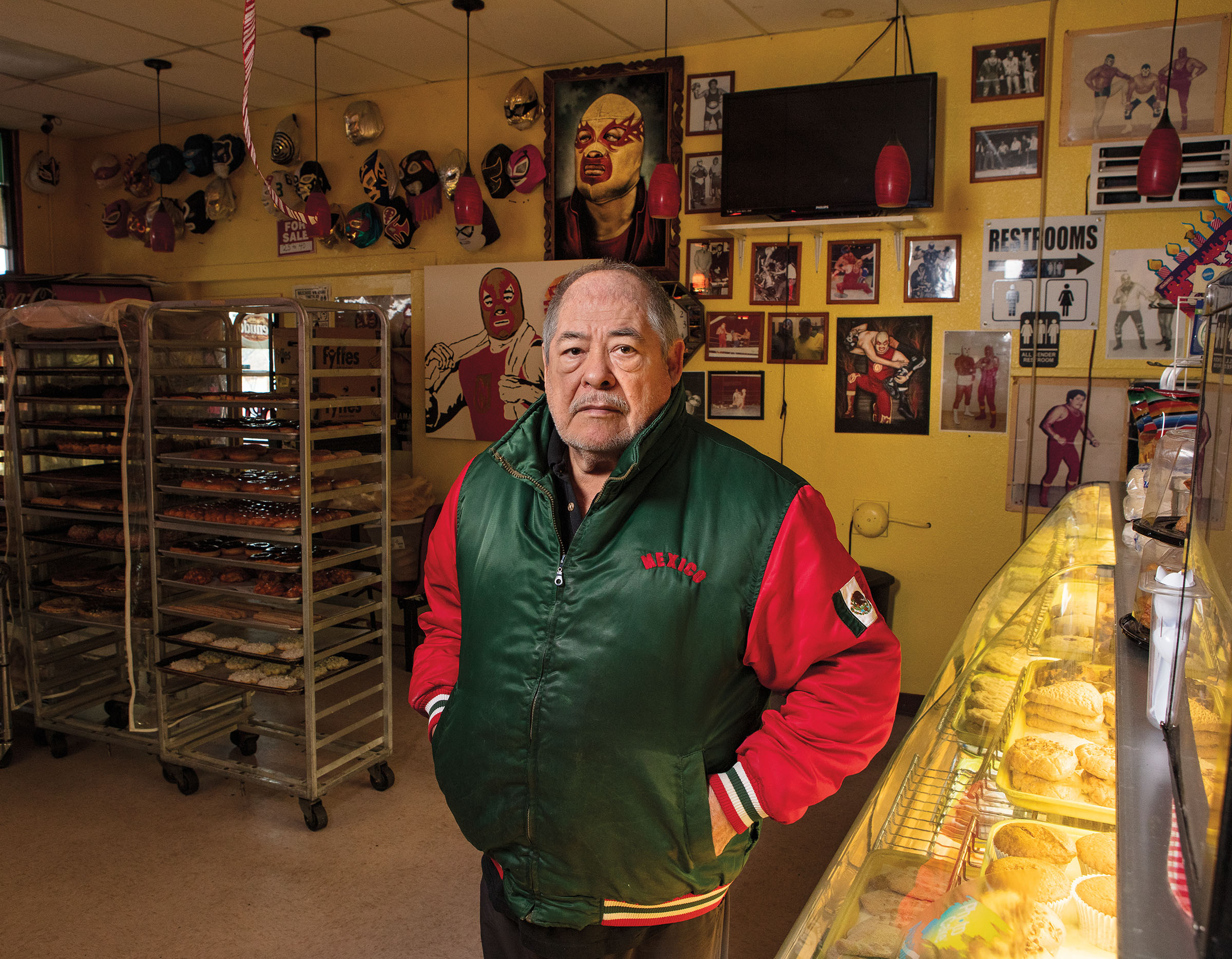
Every day at 7 a.m., Arturo García walks into an El Paso panadería. Because of his former profession, he moves even slower than an average 75-year-old. He broke his ankle once. His knees ache from the countless times he’s jumped from turnbuckles high above a ring. He has a broken clavicle that never healed properly. His forehead is full of scars that look like vertical striations. He has more scars on his torso from emergency surgery after a stranger stabbed him with an ice pick.
García comes from a family of bakers: first his grandfather, then his father, now him. He spends most days making cookies to fill the display case at his Five Star Mexican Bakery. He looks like a typical grandfather. It’s easy to imagine a young grandchild giving him a hug. It’s more difficult to imagine him as one of lucha libre’s greatest rudos.
Lucha libre is a Mexican style of wrestling full of cultural symbolism. Part sport and all drama, it’s a metaphor for life. Técnicos are the good guys—the wholesome heroes worth emulating. They win by following the rules. Rudos are the villains. They do whatever’s necessary to win, their embodiment of their characters so believable that sometimes fans are driven to violence against them.
“If you’re representing a técnico, you must wrestle clean,” García says in Spanish, while sitting inside his bakery. García wrestled under the name Flama Roja, and when he fought, he wore a gold-colored mask with red flames burning from his eyes and stretched across his temples. “If you’re representing a rudo, you must be bad,” he continues. “Not just against the wrestler but also against the people. So that the people feel it. Why do you think I got stabbed?”
García began training at just 12 years old in his native Guadalajara. By 16, he was a professional, working for a company that sent him all over Mexico. At first, he wrestled in Juárez for a few weeks at a time. Then for longer. Eventually, he married a woman from El Paso, had two daughters, and stayed in the U.S. to make his living, partly from wrestling in independent leagues like the one in Juárez. He fought on both sides of the border. Across both countries, anywhere a lucha libre crowd needed riling, García was there with his wicked tricks: poking opponents with forks, beating them with chains and brass knuckles. He loved how people hated him, even if police had to escort him out of the building.
“About six cops would take me out,” García says of those nights when furious fans waited for him after a show. “The promoter would call them. ‘Escort this [expletive] out because they’re going to lynch him.’ And they’d put me in the squad car, and they’d take me home.” Even in retelling the stories decades later, there’s a satisfaction in García’s voice, an occasional laugh.
Flama Roja is one of the great villains of the El Paso-Juárez wrestling scene. The binational sister cities are full of lucha libre history, and some of it decorates the walls of García’s cozy bakery. Fight posters, old photographs of luchadores long dead, and luchador masks—a sacred part of a wrestler’s identity—honor the baker’s past life. The histories of border cities like El Paso and Juárez can’t be separated from each other. And yet, there’s enough difference between the two that they also heavily influence each other. That’s what happened with lucha libre.
In 1929, Salvador Lutteroth González, who fought in the Mexican Revolution against Pancho Villa, moved to Juárez to work for Mexico’s Tax Department. Soon after, he attended wrestling matches in El Paso’s Liberty Hall. The fighting was a type of freestyle wrestling with few rules, which sometimes descended into pure violence. González was captivated and felt certain his home country would also love the spectacle. In 1933, he founded Empresa Mexicana de Lucha Libre to expand the sport’s popularity from El Paso to Mexico, earning González recognition as the “Father of Lucha Libre.”
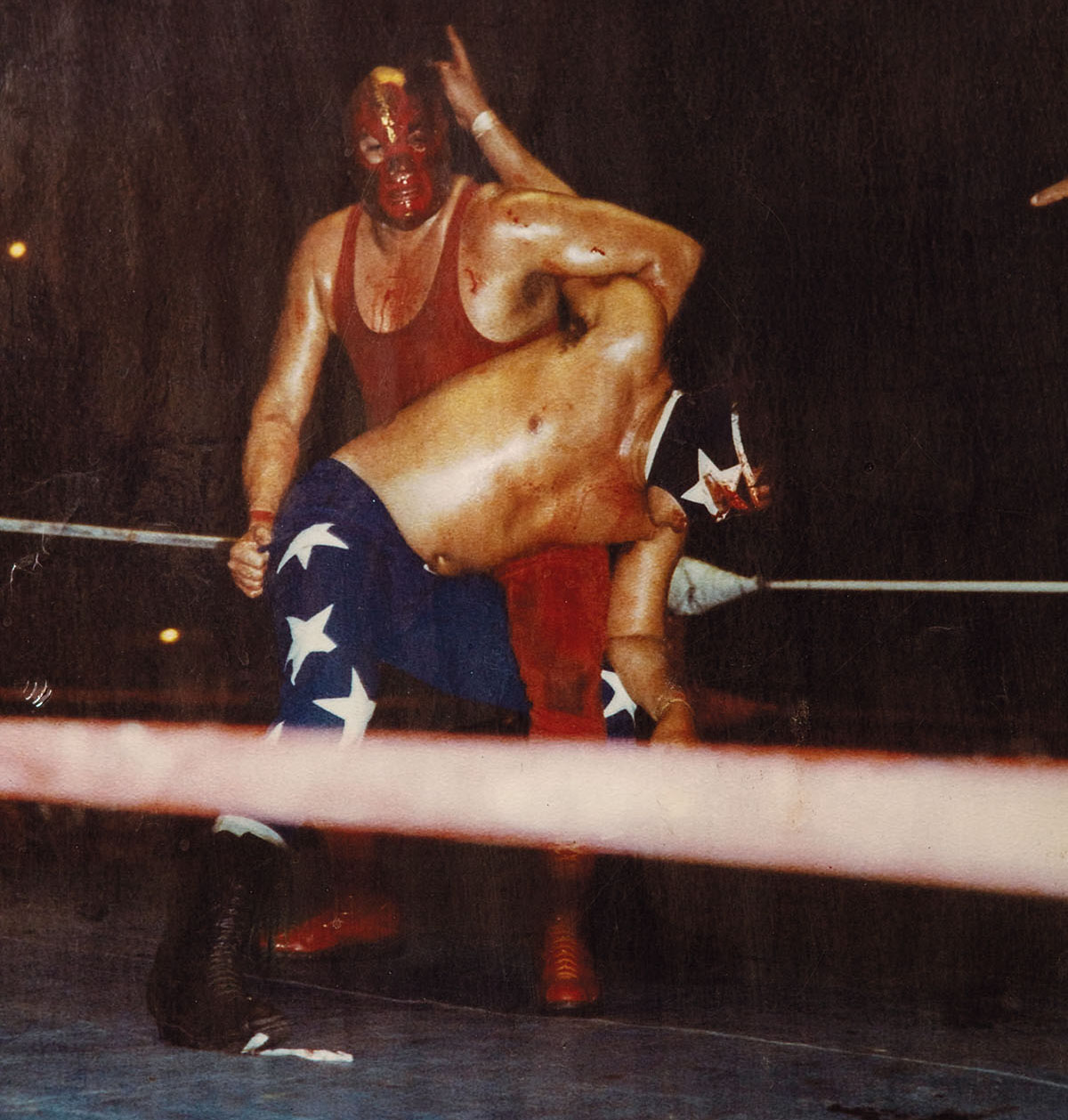
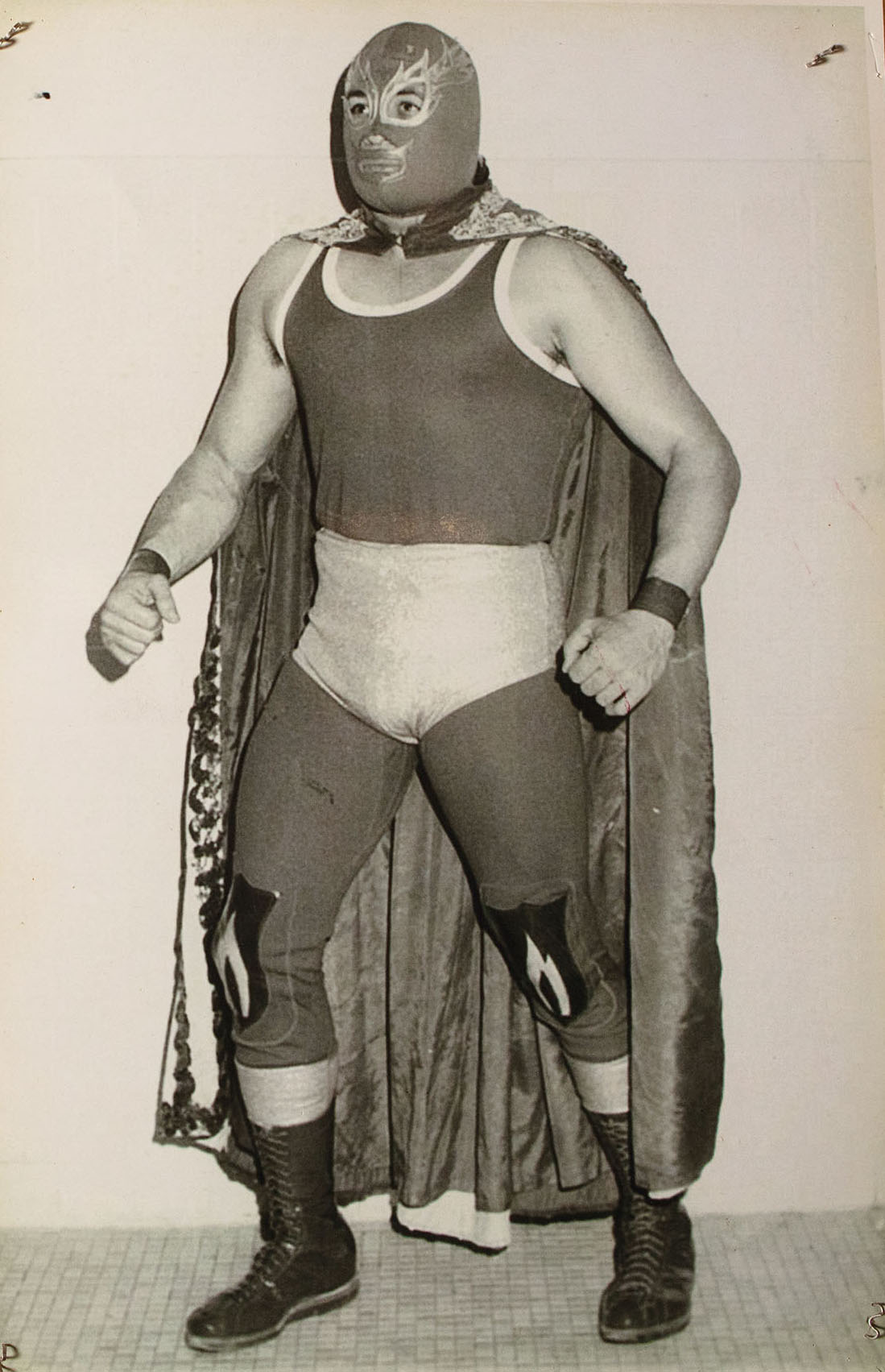
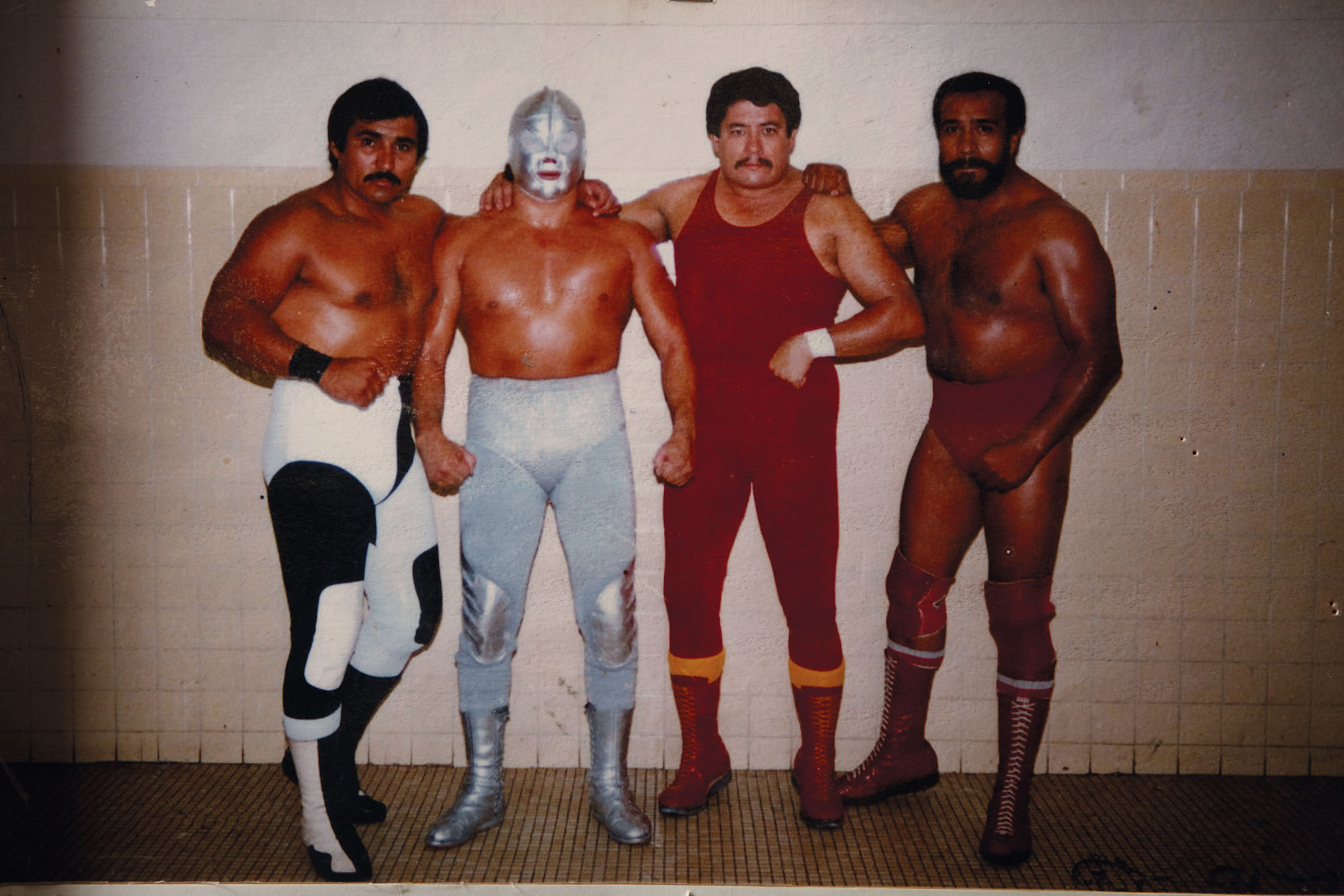
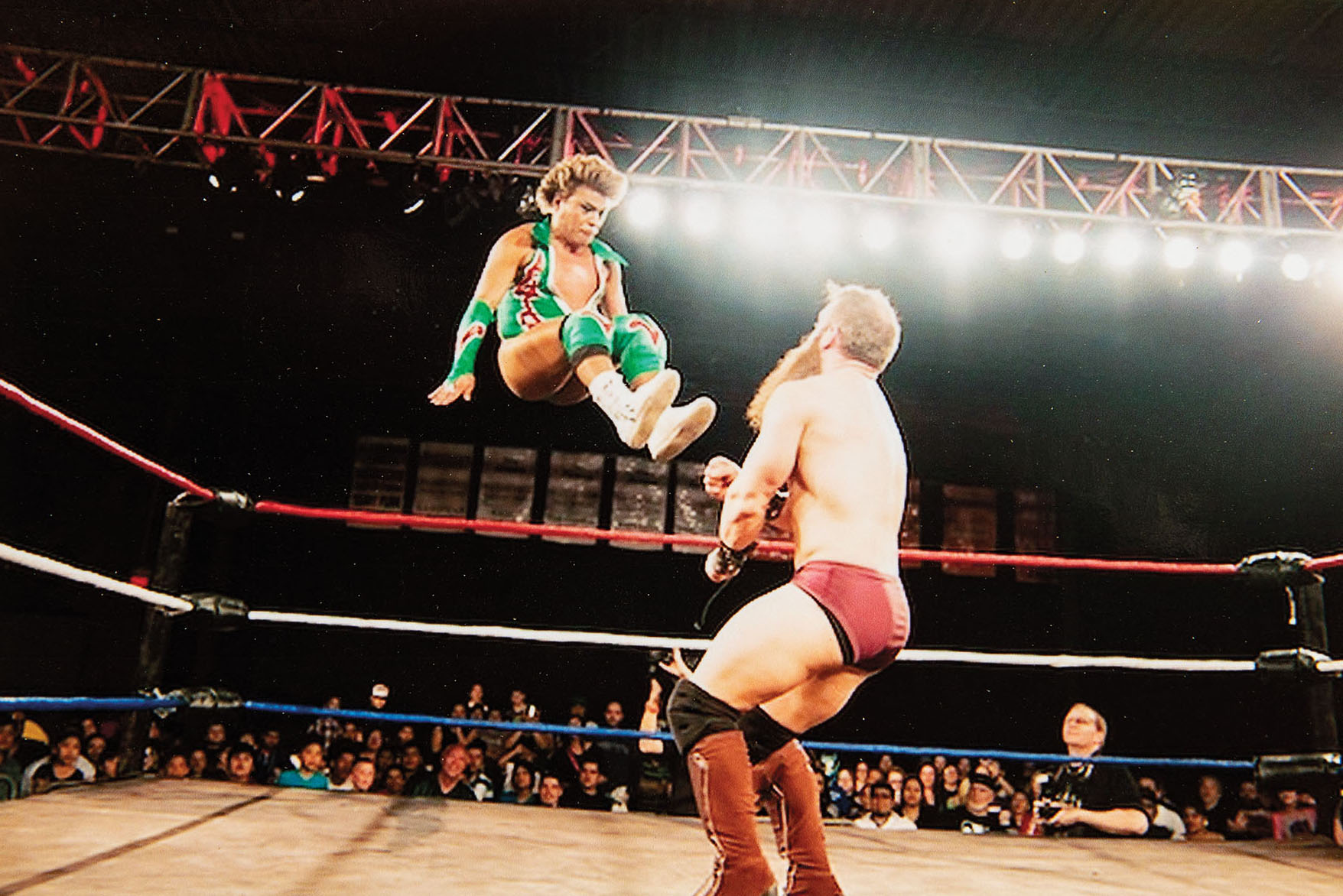
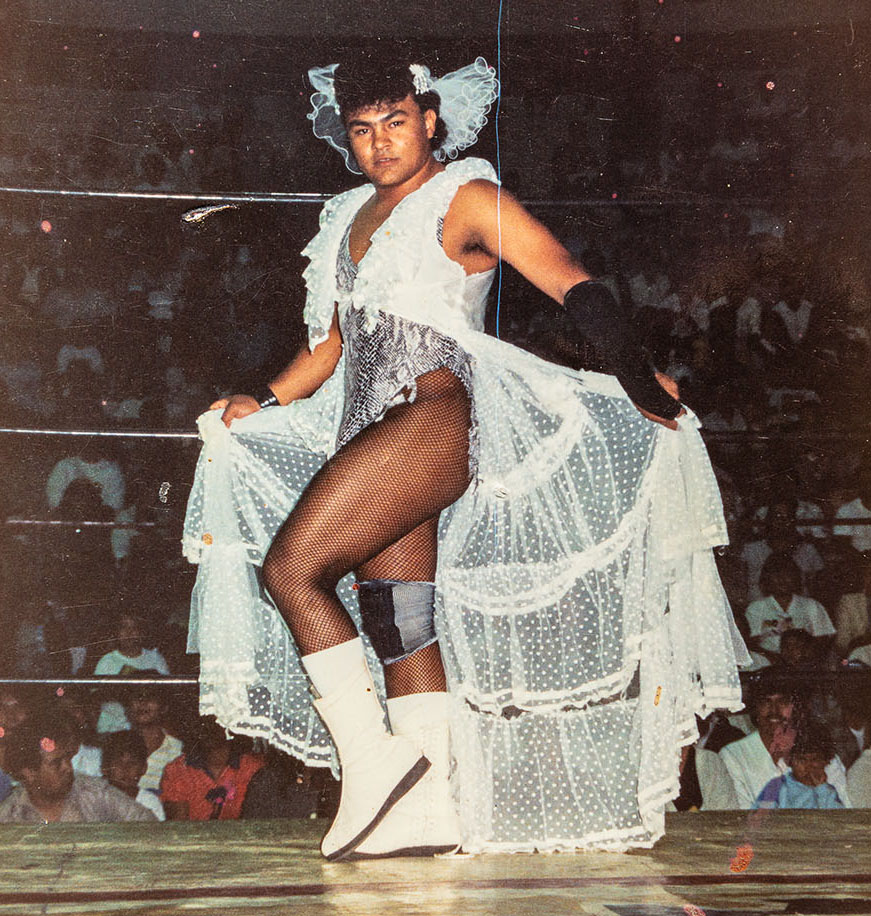
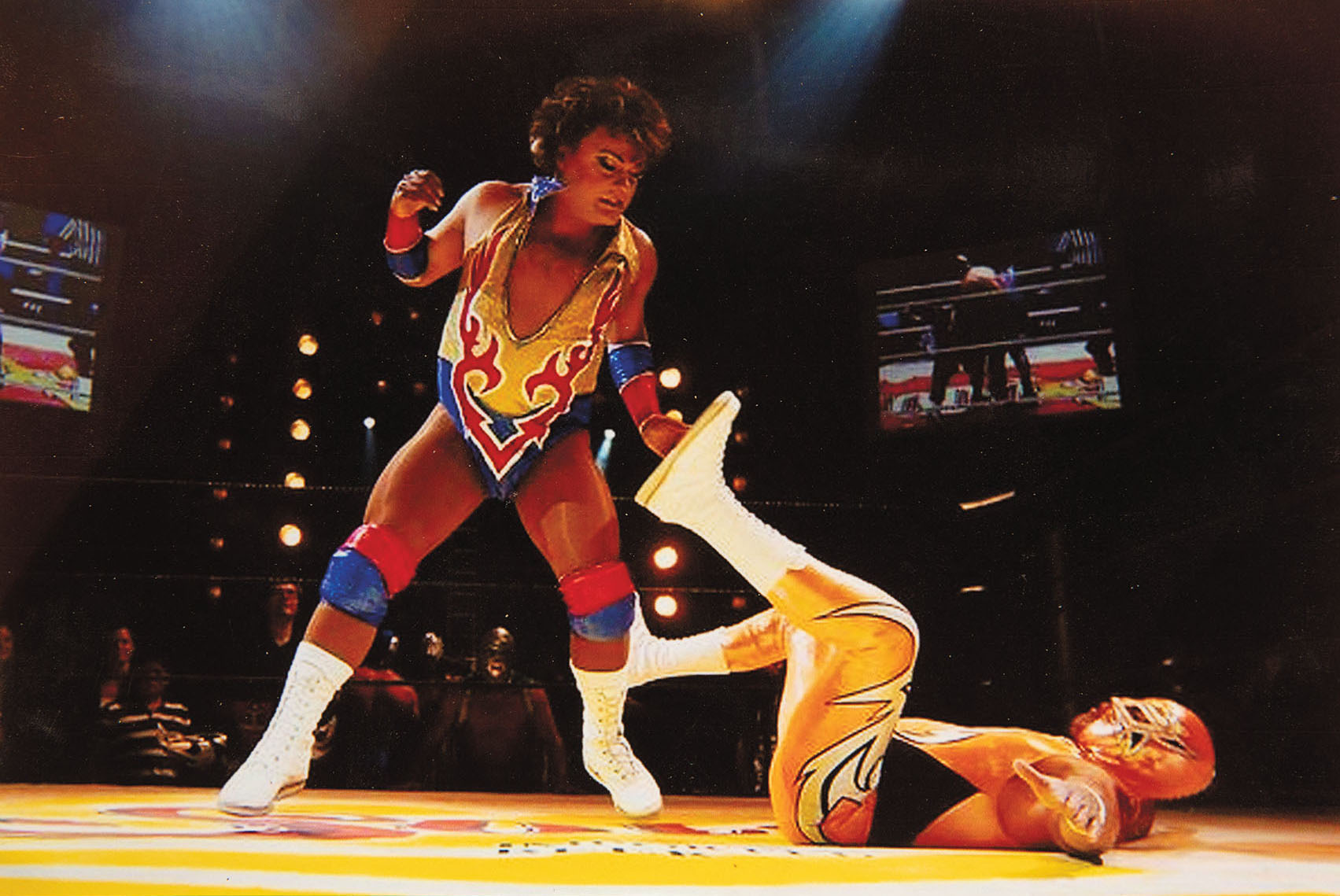
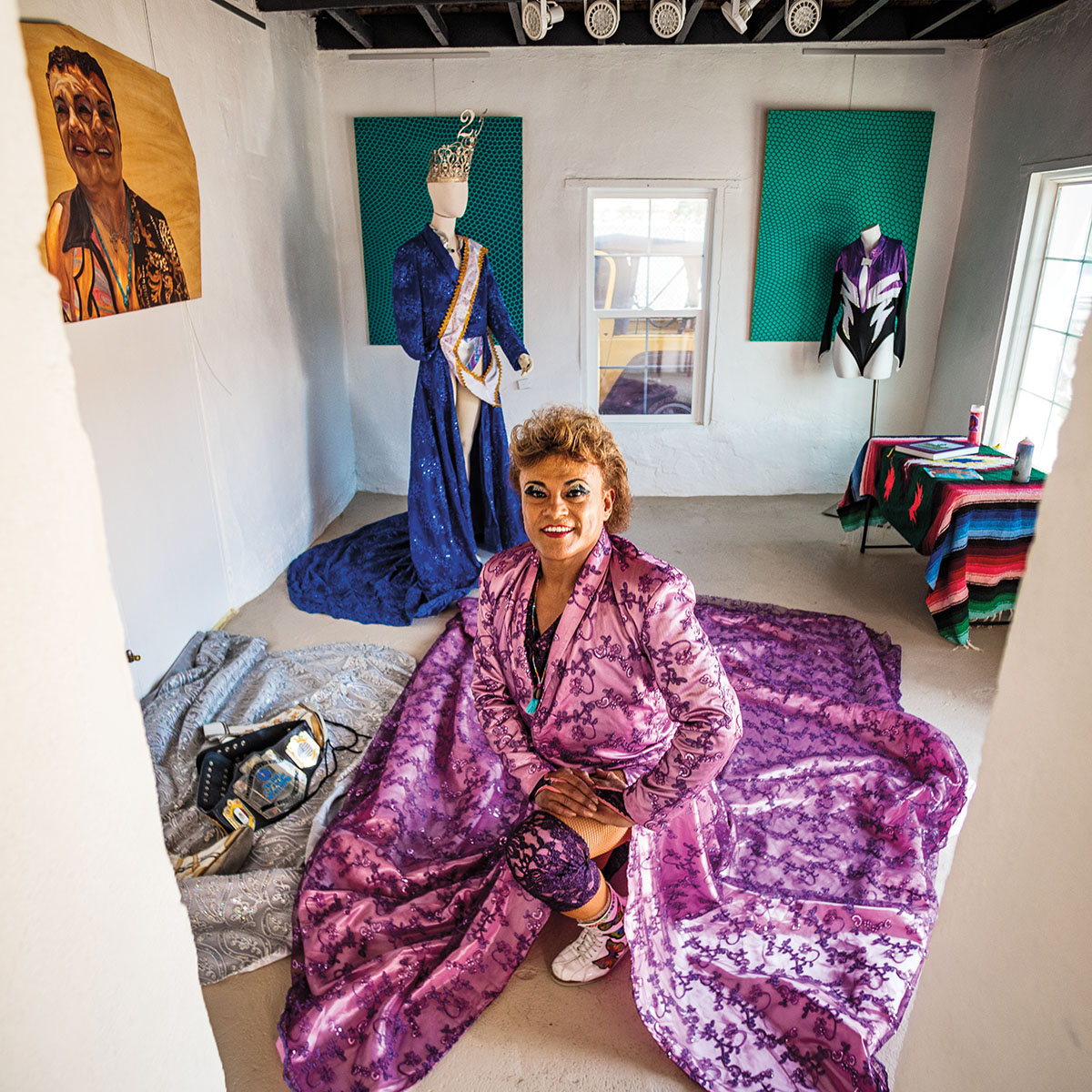
Armendáriz, in present day, sporting one of the long gowns he wears in the ring. Photo by Christ Chavez.
García remembers this era, though his own career coincided with the Golden Age of lucha libre in Juárez, in the ’80s. “I fought against the best,” he says. He points around his bakery, where the photos hang, as he lists names. “El Santo, Blue Demon, Huracán Ramírez, Mil Máscaras. The photos don’t lie.” These are some of the greatest Mexican luchadores who’ve ever lived. They made their names in Mexico, fought in the El Paso-Juárez borderland and sometimes across Texas, and always drew a crowd.
Today, inside his bakery, there’s always someone who remembers García back when he fought as Flama Roja. He doesn’t attend wrestling events anymore because, he says, lucha libre isn’t what it used to be. Once the old luchadores died, he says, the style changed. Gone are the leg and head locks and throwing of opponents—traditional Greco-Roman moves old wrestlers learned prior to becoming luchadors. “Today, it’s just jumping and s—,” García says. Yet in March 2020, he made an exception when a promoter hosted an “Homage to Flama Roja” event in Juárez.
On that Sunday evening, García walked toward the ring wearing a black sports coat, black pants, and a button-down shirt open at the top. He wore his old Flama Roja mask, and several men helped him climb into the ring. Mariachis played as the promoter presented García with a plaque. García tried raising the plaque above his head to show the crowd, but his arms couldn’t fully extend. He then exited the ring as carefully as he entered.
“Flama!” some fans yelled as he walked back to the locker room. “Don Arturo!” others shouted. Fans cheered and reached out to touch him, as if all hate had been forgotten. García stopped to shake hands, sign a few masks, and pose for pictures.
“Gracias,” one fan told him. “Dios lo bendiga”—God bless you. And then one of the greatest villains in lucha libre history slowly walked away.
One afternoon in late July, cars formed a line that wrapped around three city blocks in El Paso. It was a curbside beer release party during one of those rare days when it rained for hours. Some drivers and passengers wore face masks; others sported luchador masks.
Out of Old Sheepdog Brewery, one car would exit and another would enter the parking lot. Masked luchadores milled about, posing for photos and signing autographs. But the real reason people waited hours in line was to meet Cassandro and to buy the mango-flavored New England-style IPA beer made in his honor—even though Cassandro hardly drinks. No current wrestler embodies the El Paso-Juárez borderland’s duality better than Cassandro, born Saúl Armendáriz. He’s a native of El Paso, but like many from here, he grew up with one foot on each side of the border.
“El Paso was Monday through Friday because of school,” Armendáriz says. He’s a petite man with a mischievous smile that reveals perfect front teeth. “As soon as Friday’s bell rang, ‘Let’s go to Juárez.’” For El Pasoans with ties to Juárez, it’s common to spend the entire weekend with friends and family in Mexico, and then return to a different life in Texas. “Sundays, we went to a lucha show and then came back.”
As he explains, Juárez was once “la catedral de la lucha libre” for wrestlers on both sides of the Rio Grande. Most events happened on Thursday and Sunday evenings inside Josué Neri Santos, the municipal gym in downtown Juárez, located a few blocks from the international bridge connecting to downtown El Paso. Fans from El Paso often parked their cars on the north side of the border and walked south to cross it. “That was the best arena in the whole of Mexico,” Armendáriz says.
Inside that gym were elite wrestlers, some of whom would go on to fight for large promotional companies across the world, including World Wrestling Entertainment (WWE) and organizations in France, England, and Japan. Young Cassandro—he still describes himself as a “little kid from the hood”—watched luchadores he considered superheroes. But unlike Spider-Man or Superman, these were heroes fans could touch. Being around so much lucha libre inspired him to begin wrestling. Thirty-two years later, at 50, he still enters the ring periodically.
When Cassandro fights, he wears makeup. His hair is perfectly coiffed, and he dons colorful gowns with trains so long they flow down to the floor after he’s climbed into the ring. He is captivating. He is an exótico. If técnicos are the heroes and rudos the villains, exóticos are somewhere in between. Depending on the situation, they can be both heroes and villains. But regardless of which side they’re on, they’re always stylish. “Exóticos are the flamboyant wrestlers,” Armendáriz explains.
Exóticos have always been part of lucha libre, but during the 1930s and ’40s, they were closer to circus clowns than to today’s drag queens. “They would just make people laugh,” Armendáriz says. “But when we came in, we said, ‘No, we’re really gay people, but we’re really wrestlers.’ So now we have to step it up so they can respect us more. And then we did all this work.”
For Cassandro, “all this work” means he’s had his teeth knocked out on three separate occasions. Twice, a luchador dressed as a skeleton kicked them out. He’s had eight surgeries, countless broken bones, and stitches galore. He’s gotten cut by beer bottles four times.
“This is lucha libre, not a beauty parlor,” he says, accepting that even if wrestlers choreograph some parts, the physical toll is real. In a sport so infused with machismo, Cassandro, aka the “Liberace of Lucha Libre,” has helped revolutionize how fans and fellow luchadores perceive exóticos.
Around El Paso and Juárez, Cassandro is an icon. Everywhere he goes, someone—even those who don’t watch lucha libre—recognizes him. That recognition will likely grow with celebrated Mexican actor Gael García Bernal playing Cassandro in an upcoming film about the luchador’s life. The biopic, currently in production, will chronicle the hardships he went through, in the ring and out, as a gay luchador before he gained international recognition with a profile in The New Yorker in 2016. The struggles before he became so beloved he had a beer named after him.
At his beer release party, it seems as if everyone has a story they want to share with Cassandro. About where they watched him wrestle, or how they watched Cassandro the Exótico!—the documentary on his life. It’s why long after the beer ran out, people remained in line to get an empty can of the special El Exótico brew. To get a moment with Cassandro.
“Si se acuerda de mi, verdad?” a woman asks if he remembers her. “Claro que sí,” Armendáriz responds as he smiles. Yes, of course. They then pose for a photo as the rain dies down and the long line of cars dwindles to a last few. Speaking two languages, spending his life on both sides of the border, and embracing femininity and masculinity, Cassandro’s duality gives him strength in what he calls “a grueling life.”
The long evening has left Cassandro’s hair wet. Makeup runs down his face. He’s put away the purple and pink gown he wore when the event began. Still, he mirrors the smile of the woman who waited until the end to see him. Picture taken, they thank each other.
“Bye, love you,” she says out her car window as she drives off.
Pick A Fight
American Entertainment Management Group
During the pandemic, American Entertainment has staged drive-in lucha libre events as well as pay-per-view cards. americanentertainmentgroup.com
Promocion 915-656
As the El Paso and Juárez area codes indicate, Promocion 915-656 hosts lucha libre events on both sides of the border. They also host events in other parts of Texas.
facebook.com/promocion915656
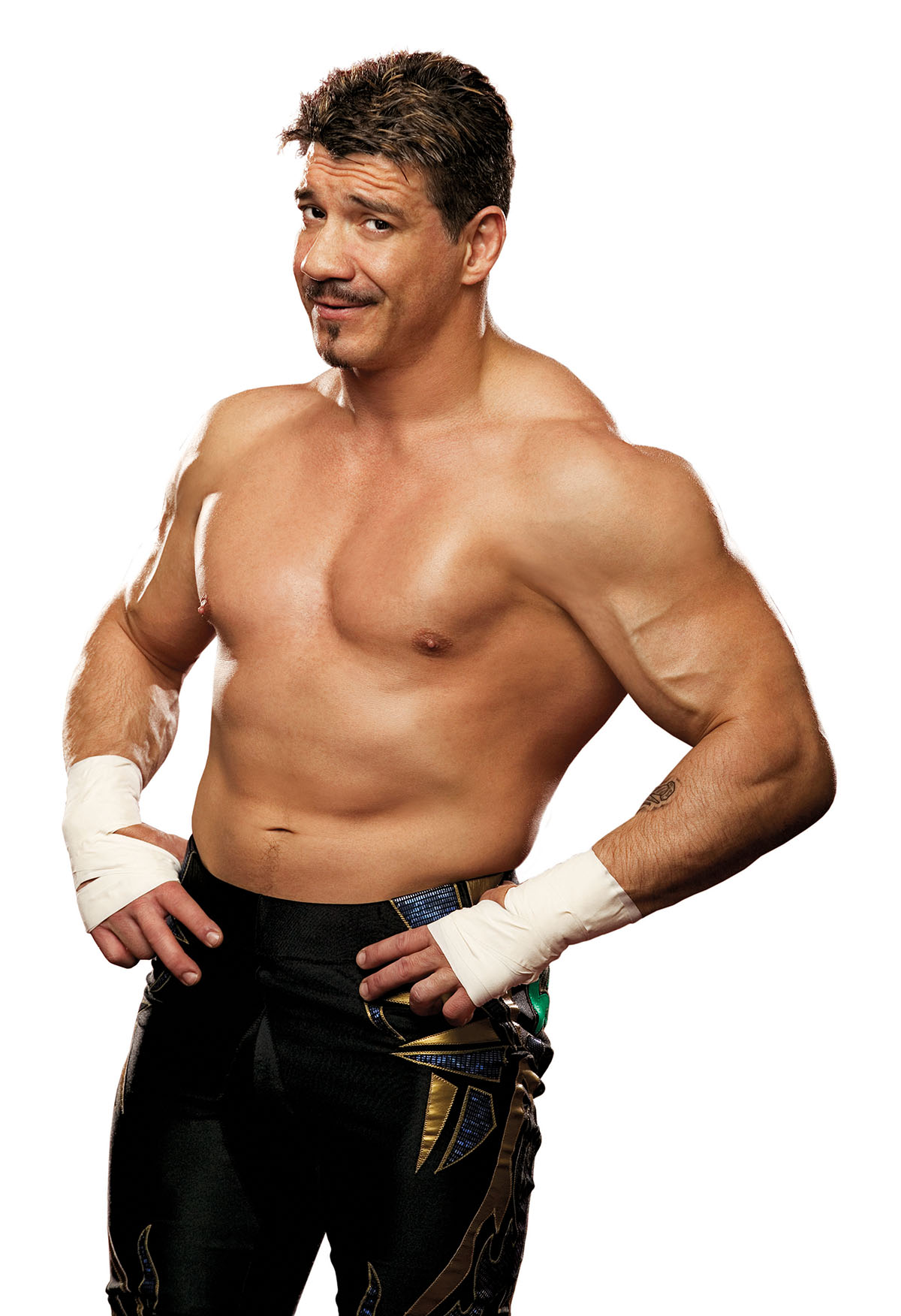
Lucha libre is an expression of this place between two countries divided by a dried river but connected by families, shared bridges, history, and culture.
Aquarter-mile from the brewery, under the highway connecting El Paso to Juárez, there’s a mural dedicated to Eddie Guerrero—arguably the most famous luchador from El Paso. His father was Gory Guerrero, one of Mexico’s most influential unmasked wrestlers and the patriarch of an important lucha libre family. Eddie was the youngest of the four Guerrero sons, who all wrestled. And part of his continuing influence is that he looked, lived, and talked like everyday El Pasoans.
In 1987, when Guerrero made his wrestling debut in Juárez, as a técnico, he fought against an aging Flama Roja and won. Years later, he wrestled with Cassandro. When Guerrero graduated to the WWE—the top wrestling company in the United States and likely the world—the announcer always said he was from El Paso, as if it meant something extra. When he won the WWE championship in 2004, as a sort of rudo, pride filled those who had watched him wrestle since his days in Juárez.
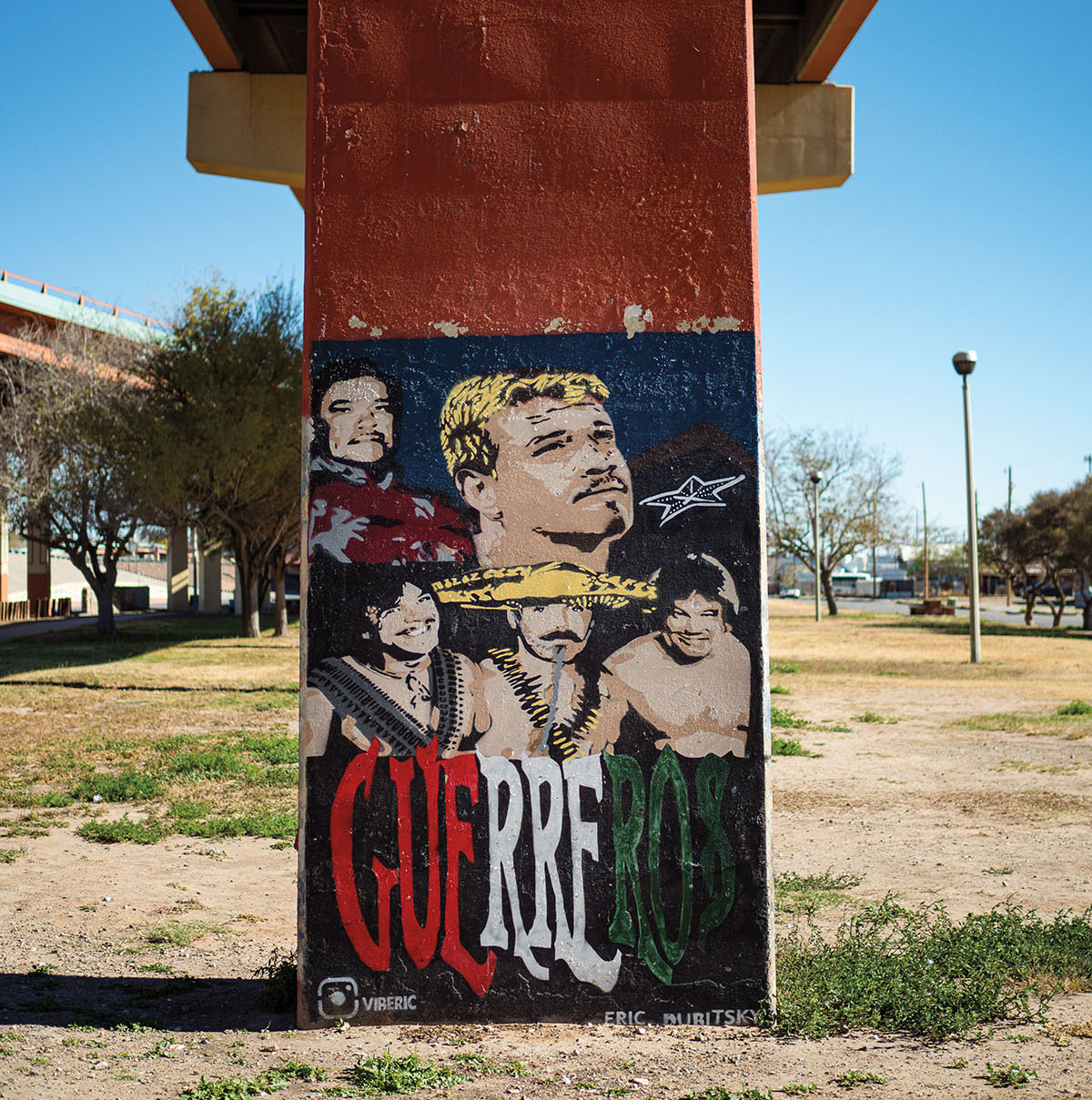
A mural of Guerrero under the highway connecting El Paso and Juárez. Photo by Christ Chavez.
Conversely, sorrow filled those same devotees when, inside a Minneapolis hotel room, Guerrero passed in 2005. The 38-year-old’s tragic death from heart failure made the front page of the El Paso Times. Over time, the mural has become a pilgrimage for fans and wrestlers who pass between the two border cities.
“Lucha libre is like a form of good and evil,” says Manny Hernandez, founder and CEO of Promocion 915-656, a promoter based in El Paso. Hernandez grew up watching lucha libre inside Josué Neri Santos. He got into the promotion business in 2018, after serving 15 years in prison for organized crime, by using lucha libre to raise almost $10,000 for schools and shelters on both sides of the border. “We have los rudos and los buenos,” he adds. “Some of us, like me, I’m a rudo.”
Lucha libre is an expression of this place between two countries divided by a dried river but connected by families, shared bridges, history, and culture. It suits the lifestyle of people embracing two identities. A baker by morning and a treacherous villain by night. A student who imagines himself a superhero as soon as the week’s last school bell rings. A former inmate now using lucha libre for the common good.
The El Paso-Juárez borderland thrives on duality. Here, where two worlds meet—and sometimes clash—something was born that isn’t always easy to understand. It may not make sense unless you’ve spent time here and borne witness to its surreal power. That’s the peculiar magic of lucha libre—a world where the good, the bad, and the in between are one.
